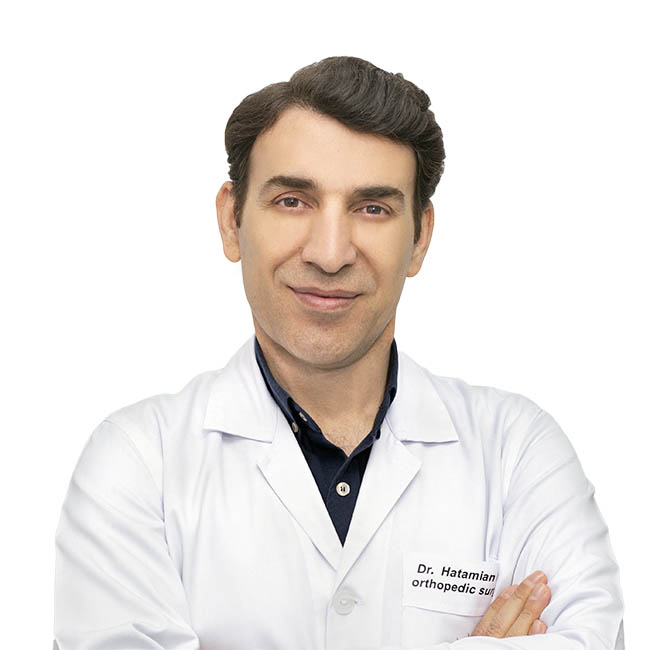COPD
Chronic obstructive pulmonary disease (COPD) is a chronic inflammatory lung condition characterized by the obstruction of the airways. The disease leads to symptoms such as breathing difficulties, coughing, wheezing, and mucus production. It is primarily caused by prolonged exposure to irritating gases and airborne particles, with cigarette smoke being a significant contributing factor. COPD patients face an increased risk of heart disease, lung cancer, and other related ailments.
To comprehend COPD, it is essential to understand the components and functioning of the respiratory system. Air travels through the trachea into bronchi, bronchioles, and finally into small air sacs called alveoli. These alveoli exchange oxygen and carbon dioxide with the bloodstream, providing the body with oxygen and eliminating waste gases. COPD leads to a loss of flexibility in the bronchioles and alveoli, resulting in the trapping of air in the lungs after exhalation.
Emphysema and chronic bronchitis are the most common diseases contributing to COPD. Chronic bronchitis involves inflammation of the respiratory tract lining, leading to daily coughing and phlegm production. Emphysema is characterized by the destruction of alveoli due to exposure to cigarette smoke and other irritants.
Approximately 20 to 30% of continuous smokers develop clinically evident COPD, and long-term smokers often experience reduced lung function.
COPD is treatable, and proper management can improve symptoms and enhance the quality of life while reducing the risk of related diseases.
Symptoms of COPD may not appear until significant lung damage has occurred, and they tend to worsen over time, especially if smoking continues. The main symptoms of chronic bronchitis include daily cough and sputum production for at least 3 months per year for 2 consecutive years. Other signs and symptoms encompass shortness of breath, wheezing, chest pressure, excess sputum in the lungs, chronic cough with colored sputum, cyanosis, intermittent respiratory infections, fatigue, ankle swelling, weight loss in advanced stages, and periodic exacerbations with worsened symptoms lasting for several days.
When experiencing symptoms of lung diseases, it is crucial to seek medical attention promptly. A pulmonologist or internal medicine doctor should be consulted for diagnosis and treatment. Various tests may be performed to accurately diagnose COPD, as relying solely on symptoms is insufficient.
The main causes of COPD are emphysema and chronic bronchitis, both of which require assessment and treatment by a lung doctor. Other contributing factors may include smoking, genetic predisposition, cigar use, second-hand smoke exposure, pipe smoking, air pollution, and occupational exposure to dust and smoke.
To ensure timely and appropriate care, individuals experiencing COPD symptoms should not hesitate to seek medical attention and consult with a qualified healthcare professional.


